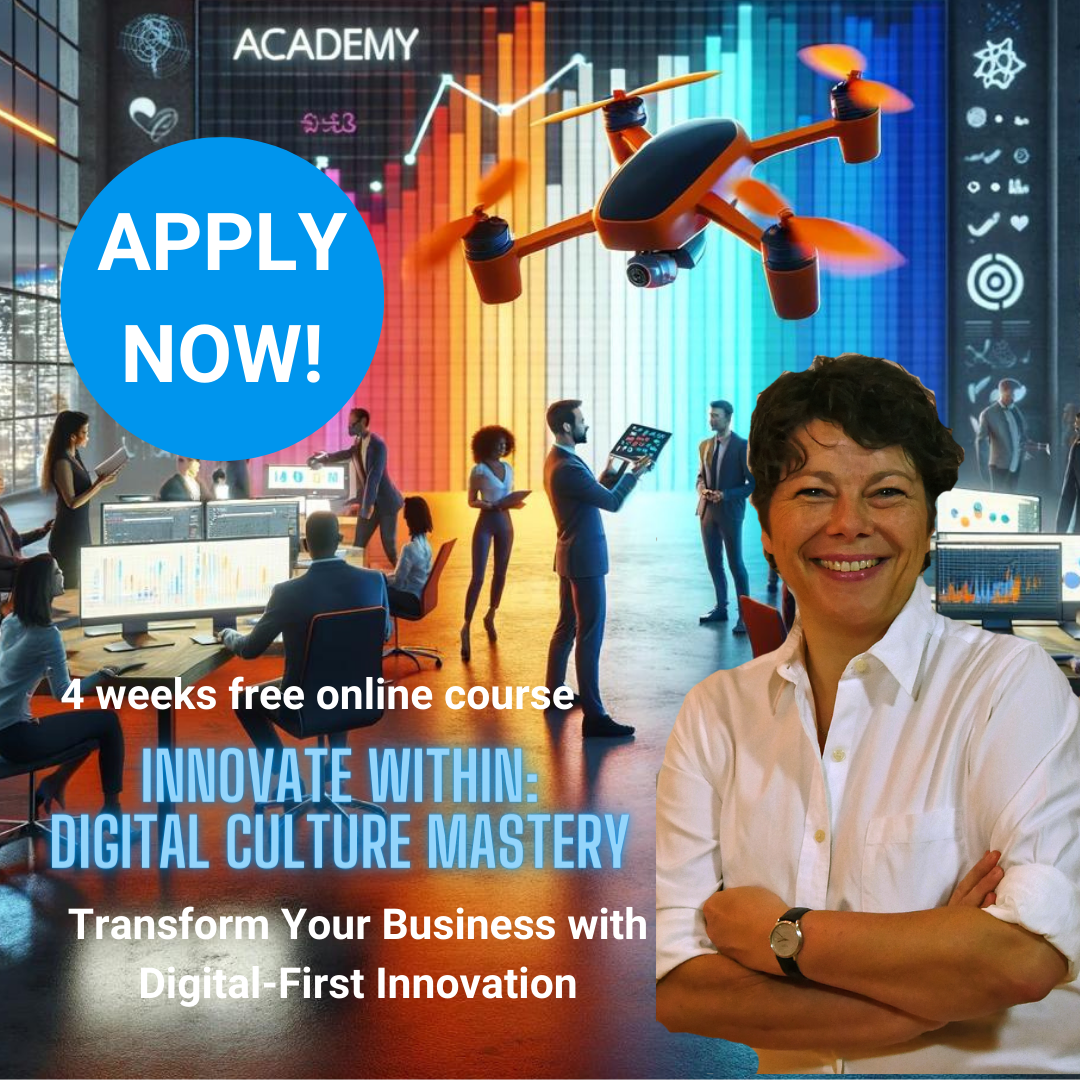What does the RPA seminar make possible? Just imagine: What a great day! You get the new job in the city of your dreams and begin looking for an apartment. Of course, you have certain requirements – good location, spacious, not too expensive. You now enter these requirements into a filter and as a result you are presented with a comprehensive list of available properties, including the relevant key data.
This is how simple the search for an apartment could be in the future; no more sifting through countless different websites. What does it take? Innovative ideas and the know-how of tech-savvy people, such as the seminar participants Barbara Demendi, Markus Kudela and Aron Szabo, who have automated the relevant processes for that search.
So, what is this RPA seminar about?
Robots already facilitate numerous routine processes such as the above. Therefore, this semester 24 students of the Faculty of Computer Science and Mathematics took the elective seminar of “Robotic Process Automation. They got this opportunity for the third time this year to find out which unsolved problems there are in this area in order to create automated process flows.
At the beginning there is a theoretical introduction to the subject. Relatively quickly, however, it gets down to the nitty-gritty: the students get to know the UiPath tool and form several small groups to develop solutions for realistic use cases. In the last online session of the semester, they then present their efforts in a pitch.
This pitch included explaining how they went about programming the robot and why the software-based implementation they chose made sense. But the purely technological part is not the only thing; the projects should also be able to hold their own in the real business environment as much as possible. That’s why the development of suitable business models including profitability calculations was another topic of the presentations.
The seminar project pitches
- Amazon Invoice Automation: Simplifies the proof of taxable purchases via Amazon through automated invoice issuance. By Nina Grabow, Philipp Keidler & Markus Vierheilig.
- Order Automation for Production Industry: Order process is error-prone, time-consuming and cost-intensive, automated solution solves these problems & simplifies documentation. By Oglou Oumout Giasar, Tolga Kayapinar & Teodora Pencheva.
- Payroll Automation: Payrolls are created automatically, as especially in small businesses these tasks are still performed manually one by one, which costs time and is prone to errors. By Dominik Moelter & Daniel Richter.
- Filter Bot: Automated invoice generation for wholesale, which lists different invoices & items clearly and automatically. By Enes Aksakal & Ganna Minakova.
- Immo Robo: See above scenario. By Barbara Demendi, Markus Kudela & Aron Szabo.
- Know-Your-Customer Check: Described in more detail below. By Marc Hennig, Lisa Kothgasser & Pia Lippert.
- Point-of-Sale Roboter: Similar to Team 2, Athanassios Fuqi, Manuel Genster & Susanne Moelter dedicated themselves to the automated ordering process, but in the retail of goods instead of the manufacturing industry.
- Dormatically: Automated verification of rental payment of student housing furnishings to make the process faster and less error-prone. By Mateo Rodic, Promwat Angsuratanawech & Enis Tola.
- Email Customer Support: See described below. By Doan Pham Yen Oanh, Paulina Fessl, Kerem Oeztuerk.
“
The practical introduction to UIPath allowed me to gain a solid overview of the topic of Robotic Process Automation. The team work was a great hands-on addition.
Marc Hennig, seminar participant & student of business informatics
”
What did the students accomplish?
The pitch of the student projects at the end of the seminar was exciting. For example, the team of Marc Hennig, Lisa Kothgasser and Pia Lippert chose the use case of companies that have to undergo an audit. These are required by law to provide, analyze and evaluate data about their business contacts in order to prevent fraud. Their “Know-Your-Customer” robot is designed to simplify this by automatically documenting and evaluating identity verification, and all other relevant data.
Jana Bulkin as lecturer as well as the IT specialist Francesco Menniti from the Munich branch of integrationWorks GmbH then evaluated the student concepts. The lecturer emphasized how high the general standard of all seminar projects was. The students were pleased with the theoretical knowledge, for which they were then able to find practical uses right away.
For example, Dominik Möltner and Daniel Richter developed an automated solution for payroll accounting, as this is a perfect example of recurring, rule-based and structured processes. All other use cases are also impressive. For example, there is the robot that helps with the automated inventory after a sales transaction in a department store or the chat bot that independently filters whether and how it can help users in customer support and, if in doubt, forwards the inquiry.
These are just four of the nine projects, whose quality is in no way inferior to those mentioned, but which would exceed the scope of this article. The fantastic results demonstrate once again that this is what hands-on teaching and learning should look like.
All these projects are great ideas that have the potential to make everyday work significantly easier. A success for all involved. If you would like to learn more about these topics at a seminar or workshop or already have concrete ideas about the processes to be automated, please do not hesitate to contact us – we will be happy to help you with the implementation and connect you with the appropriate experts.




0 Comments